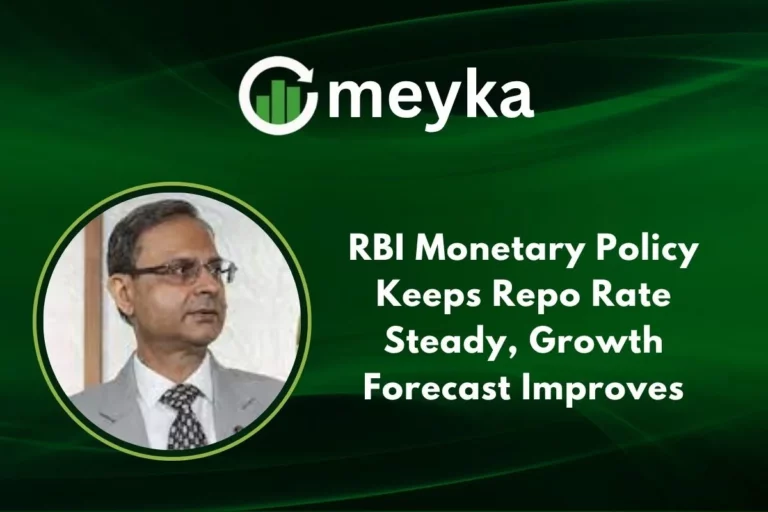Insurers Scramble to Protect Obamacare Subsidies Amid Shutdown Crisis
The ongoing political turmoil in Washington has once again put Obamacare subsidies at the center of a heated debate. As the threat of a government shutdown looms, insurers and policymakers are urgently working to safeguard the billions in federal funds that help millions of Americans afford healthcare coverage. Without these subsidies, the health insurance marketplace could face severe instability, impacting families, providers, and even the broader stock market.
The Critical Role of Obamacare Subsidies
The Affordable Care Act (ACA), often referred to as Obamacare, introduced a system of subsidies designed to make health insurance affordable for lower- and middle-income households. These subsidies directly reduce the monthly premiums for those who qualify, making coverage accessible to more than 14 million Americans.
For insurers, these subsidies are not just financial assistance for families; they are the backbone of marketplace stability. If subsidies disappear or are disrupted due to political gridlock, millions of people could lose coverage. This could lead to sharp increases in premiums, driving healthier individuals out of the market and leaving insurers with higher-risk, costlier pools of enrollees.
Shutdown Crisis and Insurance Market Uncertainty
A potential government shutdown threatens to delay or halt critical funding for Obamacare subsidies. This uncertainty has left insurers scrambling to adjust contingency plans. Many fear that without clarity from Washington, they will be forced to raise premiums in 2024 to offset risks.
The Congressional Budget Office (CBO) has previously warned that eliminating subsidies would cause premiums to rise by at least 20% in the first year. That would push many families out of the marketplace entirely, leaving insurers to absorb mounting losses.
The ripple effect would extend beyond healthcare. Analysts argue that such disruption could even influence AI stocks, pharmaceutical companies, and broader stock market performance, as investor confidence in healthcare stability wanes.
Insurers’ Lobbying Efforts Intensify
In recent weeks, leading insurance companies have stepped up lobbying efforts on Capitol Hill. Organizations like America’s Health Insurance Plans (AHIP) and the Blue Cross Blue Shield Association are pressing lawmakers to prioritize the protection of subsidies, even in the event of a shutdown.
The industry’s message is clear: cutting off subsidies will not save money in the long run. Instead, it would increase federal costs through emergency care, Medicaid expansion, and higher uncompensated hospital bills. Protecting subsidies is not just a healthcare issue; it is an economic necessity.
Impact on Families and Consumers
For millions of households, Obamacare subsidies are the difference between having health coverage and going uninsured. According to the Centers for Medicare & Medicaid Services (CMS), nearly 90% of people who purchase insurance on the marketplace receive some form of subsidy.
If these funds are delayed or blocked, families could face staggering premium increases. For example, a family of four earning $50,000 annually could see monthly premiums jump from around $300 to nearly $1,200 without subsidies.
This financial strain would disproportionately affect working-class families, leading to a surge in uninsured rates across the country. Healthcare providers also warn that such outcomes would increase hospital debt, as more patients would seek emergency care without coverage.
Political Gridlock and the Future of ACA
The shutdown crisis has reignited partisan debates over the Affordable Care Act. While some lawmakers argue that subsidies represent excessive government spending, others insist that removing them would devastate the healthcare system and destabilize insurance markets.
Past battles over ACA funding have shown how political uncertainty can harm consumers. During the Trump administration, attempts to end cost-sharing reduction payments caused insurers to sharply increase premiums. Experts fear history could repeat itself if current subsidy protections collapse.
Stock Market Reactions to Healthcare Policy Risks
The threat to Obamacare subsidies has not gone unnoticed by investors. Healthcare companies, hospital systems, and insurers are closely tied to federal policy decisions. Any disruption in subsidies could affect corporate earnings, influence stock prices, and even sway broader stock research outlooks.
Market analysts point to parallels with past crises when political battles over healthcare reform sent shockwaves across the stock market. For instance, when the ACA faced repeal threats in 2017, insurer stocks such as UnitedHealth and Anthem saw significant volatility.
Today, as AI-driven stock analysis tools track political risks more closely, the uncertainty around subsidies could become a major variable in portfolio strategies.
What Insurers Are Doing to Mitigate Risks
Insurers are not waiting for Washington to act. Some have already begun modeling premium increases in case subsidies are interrupted. Others are working with state regulators to establish temporary safety nets.
Industry experts emphasize that insurers must balance two priorities: protecting consumers from sudden price hikes while maintaining their own financial stability. Collaboration with state health exchanges is proving vital in this effort, as local regulators hold authority to approve or reject rate adjustments.
Looking Ahead: Can Subsidies Survive the Shutdown?
The survival of Obamacare subsidies during a shutdown depends on lawmakers’ willingness to prioritize healthcare funding in budget negotiations. While insurers remain cautiously hopeful, they acknowledge the political risk is real.
The coming weeks will be decisive. If a shutdown occurs and subsidies are delayed, the fallout could be felt for years. For families, insurers, and the entire healthcare ecosystem, the stakes could not be higher.
Conclusion
The crisis surrounding Obamacare subsidies underscores the fragile balance between politics, economics, and healthcare. Insurers are fighting to preserve the lifeline that keeps premiums affordable for millions of Americans. Yet the threat of a government shutdown continues to cast a long shadow over the future of the ACA.
The outcome of this battle will shape not only the health insurance marketplace but also investor confidence in the broader economy. Families, insurers, and policymakers alike must brace for potential disruption and hope that reason prevails before real damage is done.
FAQs
Obamacare subsidies are federal funds provided under the Affordable Care Act to help low- and middle-income Americans afford health insurance premiums.
A shutdown could delay or block funding for subsidies, causing premiums to rise sharply and leaving millions without affordable healthcare options.
Without subsidies, insurers face higher-risk pools, increased costs, and potential financial instability, which could destabilize the entire insurance market.
Disclaimer:
This content is made for learning only. It is not meant to give financial advice. Always check the facts yourself. Financial decisions need detailed research.






